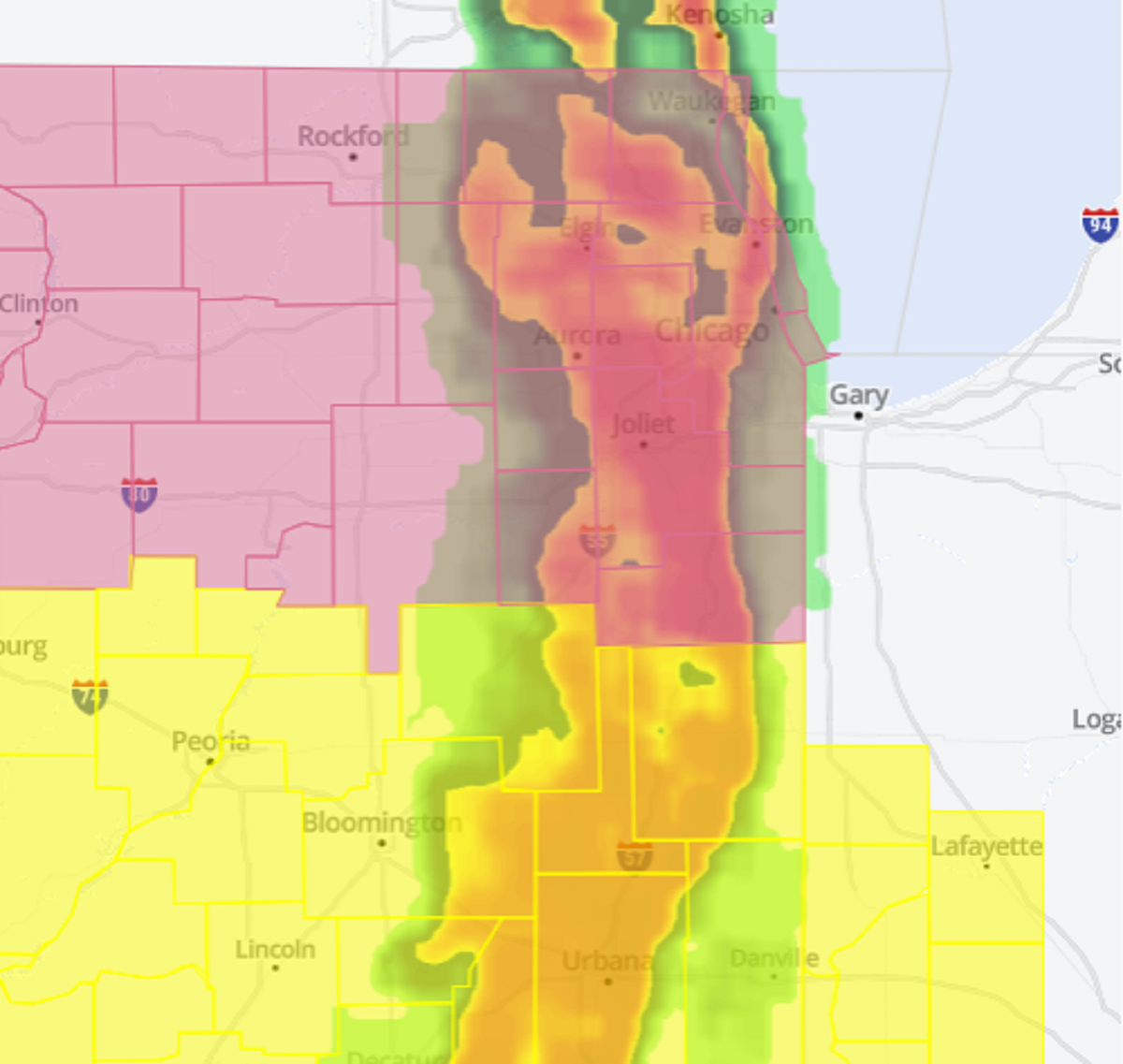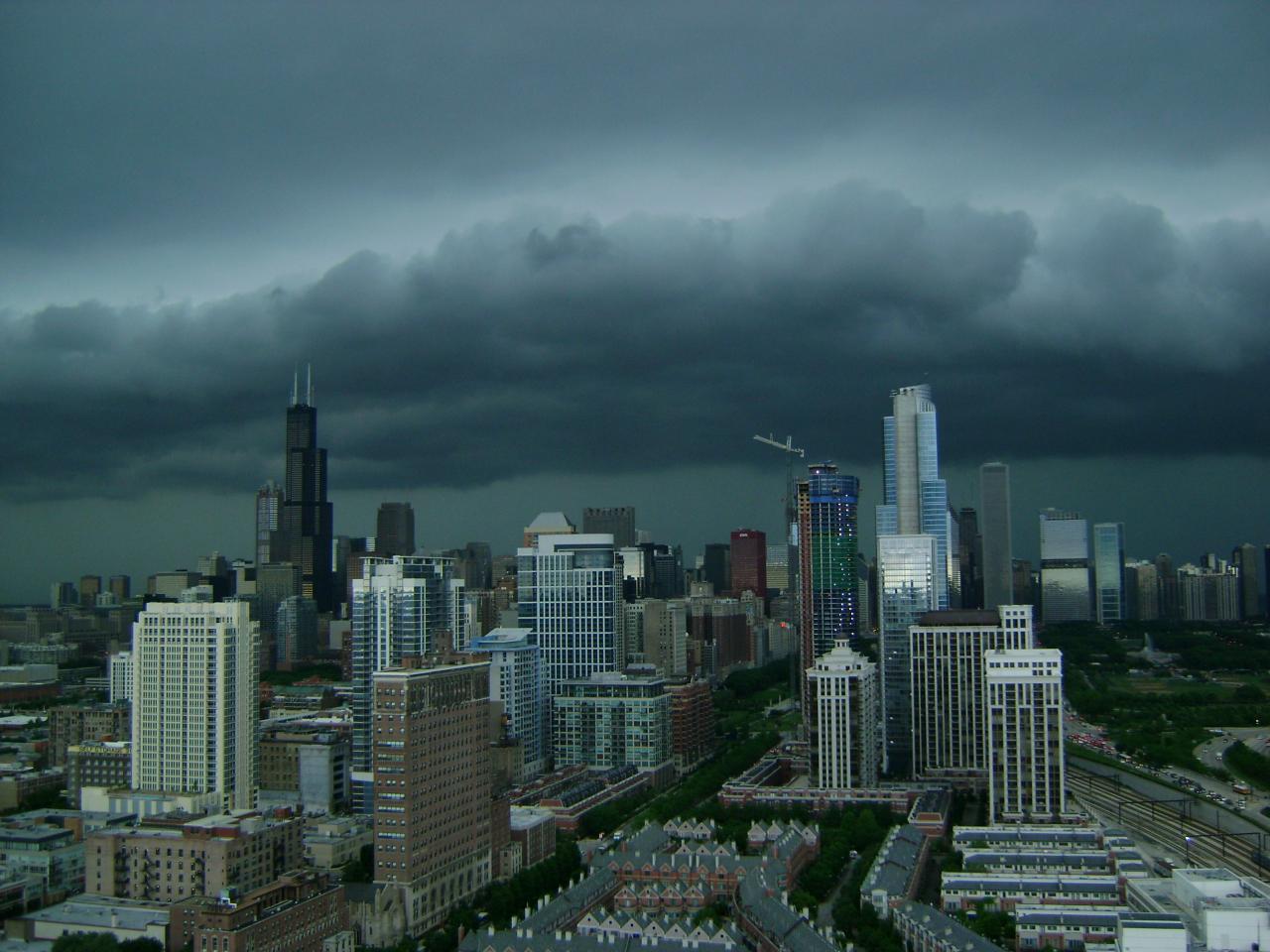The Illinois House on Wednesday passed a measure to create an elected school board for Chicago Public Schools, over the objections of Mayor Lori Lightfoot. Lauren Petty reports.
The Illinois House on Wednesday passed a measure to create an elected school board for Chicago Public Schools, sending the bill to Gov. J.B. Pritzker's desk despite the objections of Mayor Lori Lightfoot.
The House voted 70 to 41 to approve the measure, after the Senate previously passed it by a margin of 36 to 15 earlier this month. The bill must now receive Pritzker's approval before becoming law.
Since 1999, the Chicago Board of Education has consisted of seven members, all appointed by the city's mayor to oversee and govern CPS.
The measure would expand the board to 21 members, with 10 elected to four-year terms in the November 2024 general election while the other 10, plus a Board president, would be appointed by the mayor, each to a two-year term. The terms for all 21 members would begin in January 2025, according to the legislation.
Then in the 2026 general election, the 10 spots on the Board that were previously appointed by the mayor would be up for election to four-year terms beginning in January 2027, at which point the board would become fully elected. Also beginning with the 2026 general election, one member of the Board would be elected at large to serve as president.
The city would be divided into 10 electoral districts for the 2024 elections, with each represented by one elected and one appointed member, then divided into 20 districts for the 2026 elections, after which each district would be represented by one elected member.
Any vacancies on the Board beginning in 2025 would be filled by a majority vote of the remaining members, the bill states.
Local
The measure would also impose a moratorium on "school closings, consolidations or phase-outs" until the new Board of Education is seated in January 2025.
“Creating an elected school board allows for more accountability, more democracy, and more community influence on our city’s school board. We need a school board that acts in the interests of our students, families, and communities," the bill's sponsor Sen. Rob Martwick, a Democrat from Chicago, said in a statement.
“For more than a decade, the residents of Chicago have demanded the same democracy in their school school system that is enjoyed by every resident of every other school district in the state. Today, we deliver that democracy to them," he continued.
Feeling out of the loop? We'll catch you up on the Chicago news you need to know. Sign up for the weekly Chicago Catch-Up newsletter.
Lightfoot, who campaigned in 2019 in part on creating an elected school board, has since changed her stance to support a hybrid option - a move that has garnered criticism from proponents of a fully elected board. Lightfoot previously criticized the bill after it passed the Senate.
"When we're talking about the most consequential change in governance for the Chicago Public Schools, it can't be about the politics. It's got to be about the people. The people who will matter most are our children," Lightfoot said when asked about the measure at an unrelated news conference. "So, we're gonna keep making sure that that message gets through and resonates, and I'm confident that we'll get to a better place."
Lightfoot added that she had heard from parents and students that they "don't feel like they were heard" in the negotiations surrounding the measure. She also expressed concern that there was no provision in the bill to limit how much money can be spent on the elections, citing an unspecified race in Los Angeles that cost a million dollars.
"We don't need that here in Chicago," Lightfoot said. "What is the route for actual parents who have skin in the game, of course, because their students are part of the system, but who are members of the LSCs? We proposed a route to make sure that people who were part of LSCs actually had the qualifications to sit on the school board. All of that, rejected."
"It's interesting that this is supposed to be about democracy. But what happened in Springfield had nothing to do with democracy. But democracy, mark my word, will prevail," she added.



